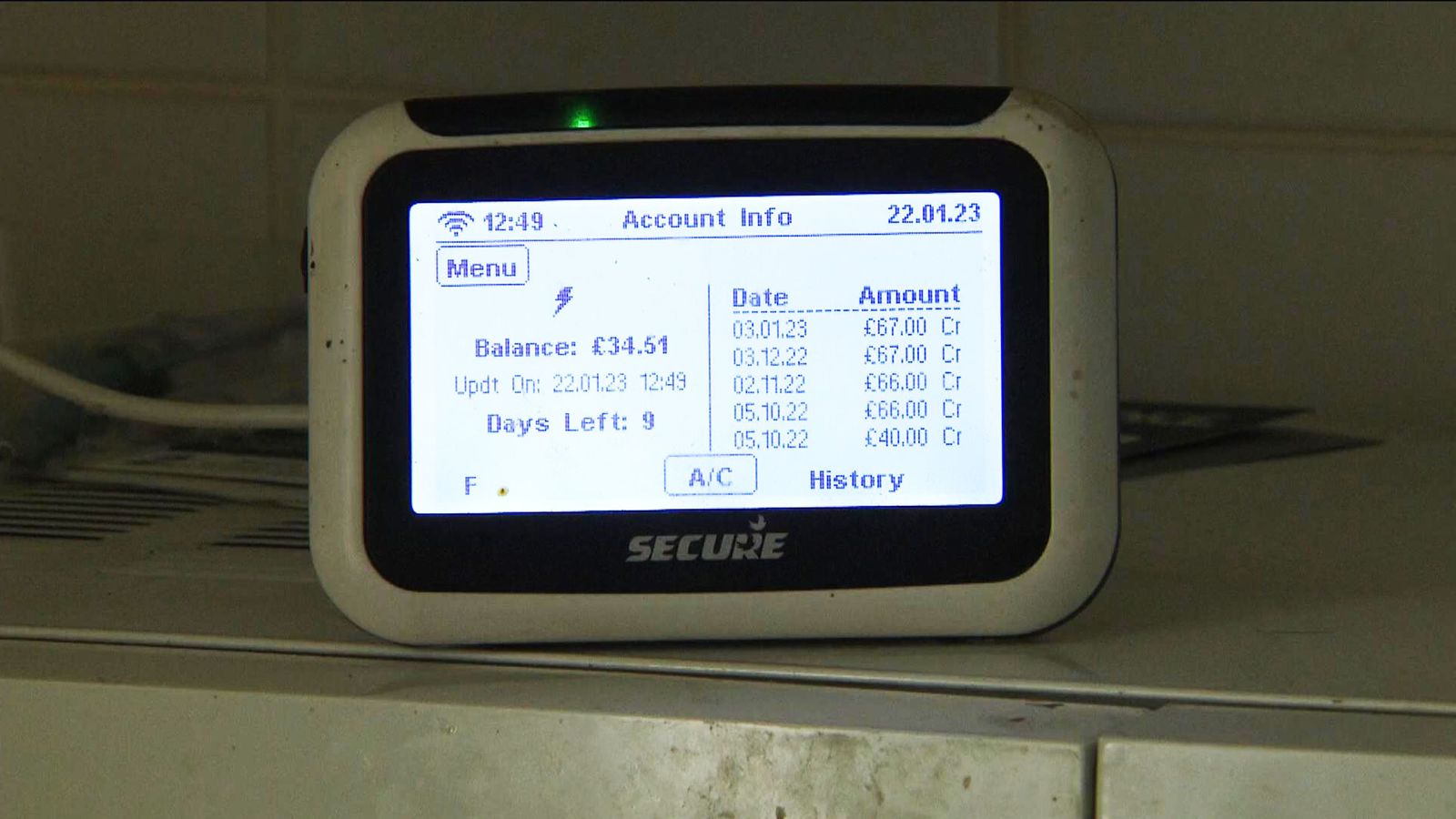
The trio launched Holepunch with a vision to bestow control over data while breaking technology monopolies, among others.
Staying true to the “bear market is for building” motto, crypto exchange Bitfinex along with Tether (USDT) and Hypercore announced the launch of a fully encrypted platform, Holepunch, for building peer-to-peer applications. As part of the initiative, the trio launched Keet, an encrypted application capable of facilitating real-time audio and video calls, text chat and file sharing.
Partners aim to bestow control over data while breaking technology monopolies with Holepunch, according to the announcement. Tether and Bitfinex funded the development of the Holepunch platform. Paolo Ardoino, the chief technology officer of Tether and Bitfinex, will lead the new initiative as the chief strategy officer.
Speaking on behalf of Tether and Bitfinex, Ardoino highlighted the need to address the growing privacy concerns, stating:
“It [Tether and Bitfinex] believes that freedom of choice, communication and finances are the lifeblood of the future, and anything that will enhance those freedoms is worth amplifying.”
Holepunch currently operates as a closed source protocol in its alpha or pre-release phase, which will be moved to open source code by the end of 2022. In doing so, Holepunch will not use blockchain technology at its core and will instead move to an in-house payments API powered by the Lightning Network.
Developers building solutions on the Holepunch protocol will be able to use USDT as default for micropayments. However, the company is yet to disclose support for other cryptocurrencies and stablecoins.
Related: Web3 platforms launch the Open Metaverse Alliance
Blockchain-based metaverse and Web3 platforms joined hands to form Open Metaverse Alliance for Web3 (OMA3), an alliance built on four core principles — transparency, inclusiveness, decentralization and democratization.
As Cointelegraph reported, the alliance will focus its efforts on specific metaverse-related topics, which include setting standards for nonfungible tokens (NFTs), protocols, transferable identity, portals between virtual worlds, mapping and indexing.







